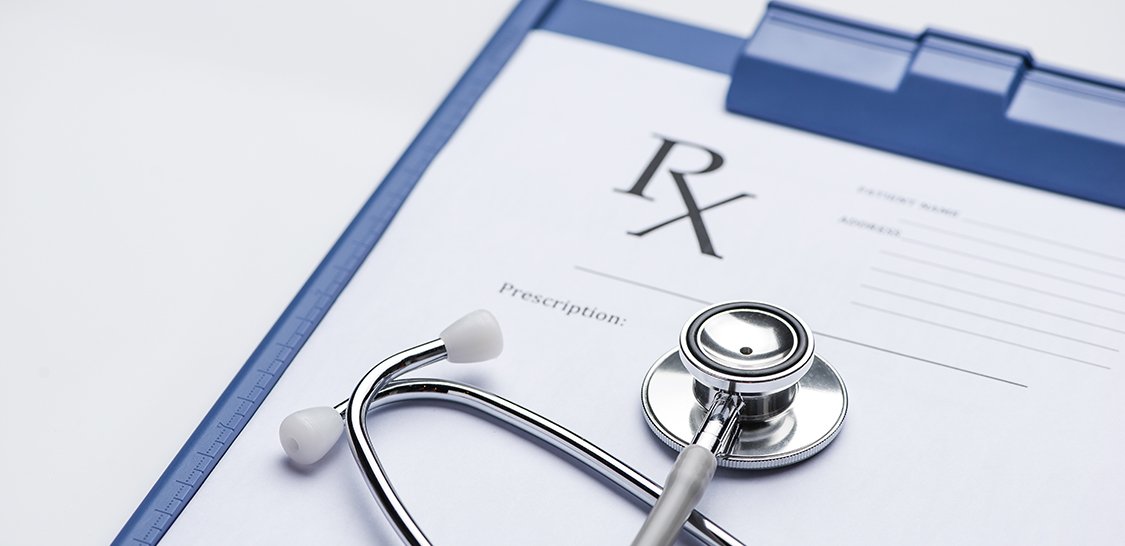In May 2016, Pennsylvania became the 24th state to legalize marijuana for medical use. The Commonwealth’s Medical Marijuana Act (MMA) authorizes use of the drug to treat 17 qualifying medical conditions, with an estimated 200,000 individuals eligible for this new treatment. The Pennsylvania Department of Health, responsible for the program’s administration, expects to have the Medical Marijuana Program developed and implemented within the next two years, with temporary regulations out before the end of 2016.
The Department of Health will oversee the administrative and operational aspects of the program, such as physician licenses and annual renewal of patient ID cards, with the input and guidance of a 15-member Advisory Board. From a financial perspective, what impact will medical marijuana have on state coffers? The MMA outlines a number of fees and taxes, which we highlight below.
Application fees
The MMA provides for 25 combined grower and processor permits, with requirements for detailed record keeping, “seed-to-sale” tracking of the product and strict security measures including surveillance. Each application for a grower/processor permit will cost $10,000. Permits may be issued to no more than 50 dispensaries, which can have three locations each, bringing the number of total dispensaries to a 150 maximum. There is a $5,000 fee to apply for a dispensary permit. These initial application fees are non-refundable.
Registration fees
The Commonwealth will also charge a one-time registration fee – $200,000 for grower/processors and $30,000 for each dispensary location. These registration fees are refundable if the permit is not granted.
Tax on medical marijuana
A grower/processor will pay a 5 percent tax on the sale of medical marijuana to a dispensary. The MMA prohibits this tax from being passed onto the buyer.
Patient ID card fee
The MMA establishes a $50 fee to obtain a patient ID card or a caregiver ID for patients under the age of 18. This fee may be waived or reduced by the Pennsylvania Department of Health if financial hardship is demonstrated on the application.
Citizens and businesses interested in participating in Pennsylvania’s Medical Marijuana Program must adopt a “wait and see” approach. With patient advocates, law enforcement officials, government leaders and Advisory Board members closely monitoring this development and rollout of this program, there are sure to be alterations and adjustments along the way. RKL’s State and Local Tax team will continue to monitor these and all state tax and fee developments. Feel free to contact one of our local offices with any questions related to state taxation issues.




